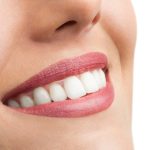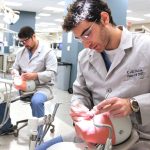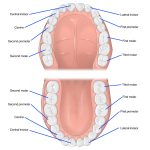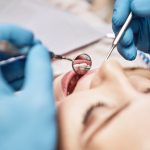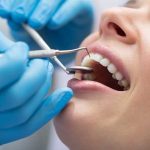Kitten Dental Care: How to Accurately Determine Your Feline’s Age by Examining Their Teeth
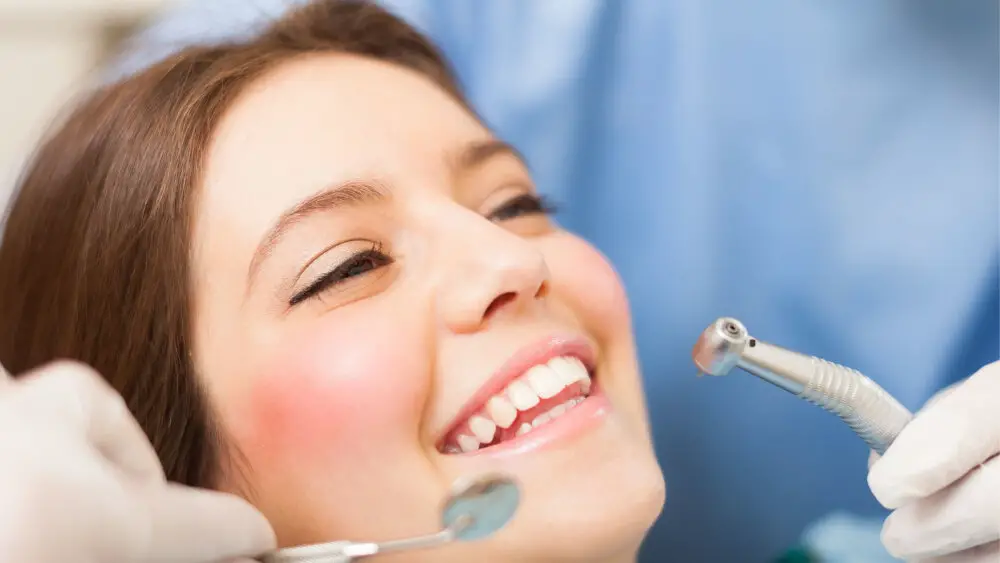
Caring for a kitten can be overwhelming, especially for first-time cat owners. From feeding to grooming, there are many things to consider to ensure your feline friend grows up healthy and strong. One important aspect of kitten care is dental health. Not only does good dental hygiene prevent bad breath and tooth decay, but it can also help you determine your kitten’s age accurately. Examining a kitten’s teeth is one of the most reliable methods of estimating their age. A kitten’s teeth go through a distinct development process, from sharp little milk teeth to adult teeth. By examining the teeth’ size, shape, and condition, you can tell how old a kitten is and what stage of development they are in. In this article, we will guide you through the process of determining your feline’s age and how to take care of their dental health.
Dental care is essential for kittens to maintain their overall health and well-being. Just like humans, cats can suffer from dental problems such as gum disease, tooth decay, and bad breath. Neglecting dental hygiene can lead to serious health issues, including heart, liver, and kidney diseases. Therefore, it is crucial to establish good dental care habits early on, such as regular brushing and professional cleanings. By taking care of their teeth, kittens can have a healthier and longer life, and owners can save on expensive veterinary bills. So, make sure to prioritize your kitten’s dental care to ensure their overall health and happiness.
Knowing a kitten’s age is crucial when it comes to their health and overall care. Different ages require different types of care, food, and vaccinations. For example, a kitten that is too young may not be able to eat solid food yet and needs to be bottle-fed. Conversely, an older kitten may require more exercise and a different diet to maintain their health. Additionally, knowing a kitten’s age can help determine the appropriate time for spaying or neutering, as well as when to start dental care. Examining a kitten’s teeth is one of the most accurate ways to determine their age, and it’s important to do so to ensure that they receive the appropriate care for their stage of life.
Understanding Kitten Teeth
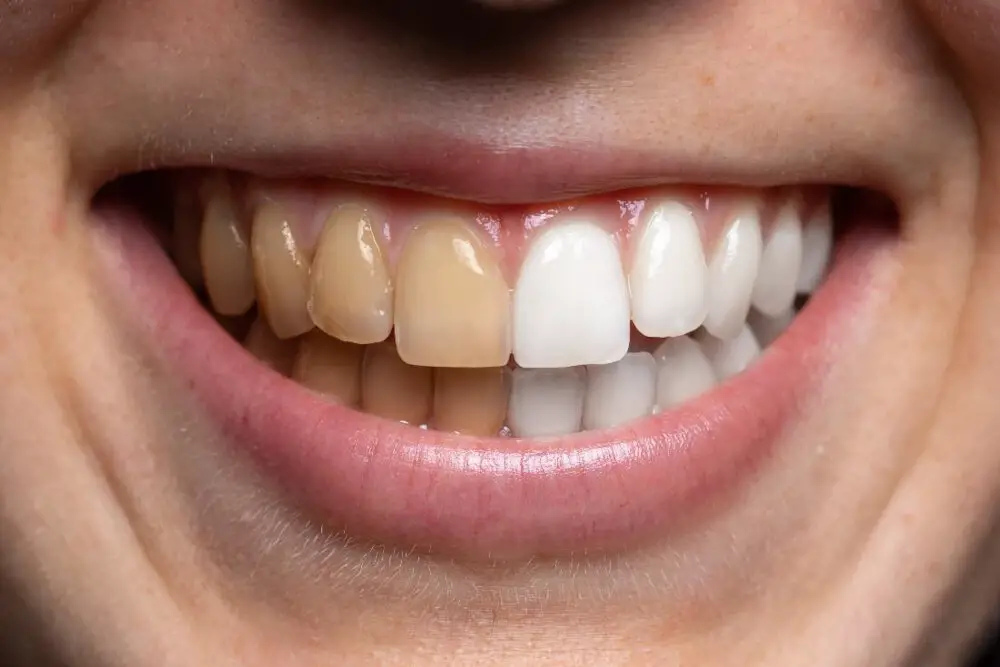
Kitten teeth, just like human babies, go through a series of developmental stages. When kittens are born, they are toothless. Around 2-3 weeks of age, they start growing their deciduous or baby teeth, which are 26 in total. These teeth are very sharp, and they help the kitten to nurse and eat soft food. At around 3-4 months of age, kittens start losing their baby teeth, which are replaced with permanent teeth. The process of losing baby teeth can last until the kitten is around 6 months old. During this time, the kitten’s gums may be sore and swollen, and they may experience some discomfort. Owners can help their kittens by providing soft food and chew toys to soothe their gums. It’s essential for kitten owners to understand the different stages of their kitten’s dental development. By examining the kitten’s teeth, owners can determine their age accurately. For example, if a kitten has all of their baby teeth, they are likely around 2-3 months old. If they have some baby teeth and some permanent teeth, they are around 4-5 months old. If they have all of their permanent teeth, they are around 6-7 months old. Knowing the kitten’s age is crucial for their overall health and well-being. Owners can provide appropriate nutrition, vaccinations, and dental care based on their kitten’s age and developmental stage.
Kittens, like humans, have different types of teeth that serve various purposes. The deciduous teeth, commonly known as milk teeth, are the first set of teeth that appear in kittens. These teeth are small and sharp, ideal for biting and tearing food. The milk teeth consist of 26 teeth, including 12 incisors, 4 canines, and 10 molars. As the kittens grow, the deciduous teeth start to fall out, making way for the permanent teeth. The permanent teeth have a total of 30 teeth, including 12 incisors, 4 canines, 10 premolars, and 4 molars. The permanent teeth are larger and stronger than the milk teeth and are specially designed to last a lifetime. It is essential to take care of your kitten’s dental health from an early age to ensure they have healthy teeth and gums as they grow older.
Kitten dental care is an essential aspect of feline health, and accurately determining your cat’s age by examining their teeth is crucial. Kitten teeth, also known as deciduous teeth, start to come in between two to four weeks of age. These teeth are sharp and pointed, and they aid in the kitten’s ability to nurse from their mother. As the kitten grows, these teeth fall out, and adult teeth start to emerge, usually around three to four months of age. It is crucial to monitor your kitten’s dental development and ensure they receive proper dental care as they grow, as it can prevent future health issues and discomfort.
Kitten dental care is a crucial aspect of cat ownership, and knowing when a kitten’s teeth fall out and adult teeth come in is essential in determining their age accurately. Generally, kittens start losing their baby teeth at around three to four months old, and by six months old, they should have all their adult teeth. During this time, kittens may experience some discomfort, and it’s essential to provide them with appropriate chew toys to ease the pain and prevent destructive chewing behavior. As responsible cat owners, keeping track of our kitten’s dental development is an essential part of ensuring their overall health and well-being.
How to Determine a Kitten’s Age Based on Their Teeth
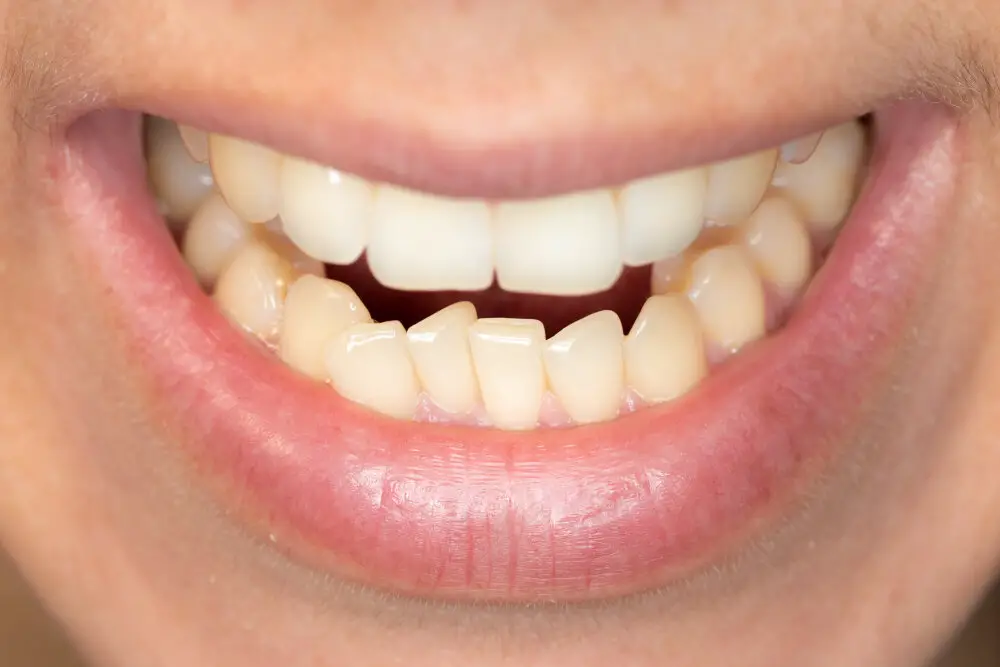
As a kitten owner, it is important to know your feline’s age, as it helps you provide them with the appropriate care and nutrition. One way to determine their age is by examining their teeth. Kittens have two sets of teeth, and the condition of their teeth can give you a rough idea of their age. A kitten’s first set of teeth, also known as deciduous teeth, start appearing when they are around two weeks old. They have a total of 26 deciduous teeth, which include six incisors, two canines, and eight premolars on each jaw. By the time they are four months old, these teeth start falling out, and their adult teeth start growing in. A kitten’s adult teeth consist of 30 teeth, including 12 incisors, four canines, and 10 premolars on each jaw. To determine your kitten’s age, you need to examine their teeth closely. If your kitten has all their deciduous teeth, they are likely between six to eight weeks old. At this age, their teeth will be small and sharp, with no signs of wear. If your kitten’s adult teeth are starting to come in, they are likely between three to four months old. You may notice their adult canines starting to push through the gums at this stage. If your kitten has all their adult teeth, they are likely over six months old. At this age, their teeth will be fully formed, and you may notice some signs of wear or discoloration. By examining your kitten’s teeth, you can get a rough idea of their age and provide them with the appropriate care and nutrition.
Examining the teeth is a reliable method to determine the age of a kitten. As kittens grow, their teeth develop and change in appearance. Initially, they have tiny, sharp teeth that are used for nursing. Over time, these teeth are replaced by adult teeth, which are larger and have a more complex shape. By examining the pattern of tooth eruption and the condition of the teeth, veterinarians and cat owners can estimate a kitten’s age with a fair degree of accuracy. Additionally, checking the teeth can also help identify any dental issues or problems that may need to be addressed. Thus, regular dental checkups are an essential part of maintaining a kitten’s overall health and wellbeing.
When examining a kitten’s teeth, there are several things to look for that can help determine their age. The first thing to look at is the number of teeth they have, as kittens will begin to lose their baby teeth around 3-4 months of age. The condition of the teeth is also important to note, as healthy teeth should be clean and free of discoloration or tartar buildup. Additionally, the development of the teeth can provide clues about the kitten’s age, with adult teeth typically coming in around 6-7 months of age. By carefully examining a kitten’s teeth, you can gain valuable insights into their overall health and age, allowing you to provide the best possible care for your feline friend.
Age ranges are crucial in determining the stage of development of a kitten’s teeth. Kittens up to three weeks of age have no teeth, and by three to four weeks, they begin to get their first set of teeth called deciduous teeth. By the time they are six to seven weeks, they should have a complete set of 26 deciduous teeth, including 12 incisors, four canines, and ten premolars. As the kitten grows, the deciduous teeth fall out, and the permanent teeth begin to emerge. By the age of six months, the kitten should have a complete set of 30 permanent teeth, including 12 incisors, four canines, 10 premolars, and four molars. It is crucial to be aware of the development stages of a kitten’s teeth to ensure proper dental care and overall health of the cat.
Tips for Kitten Dental Care
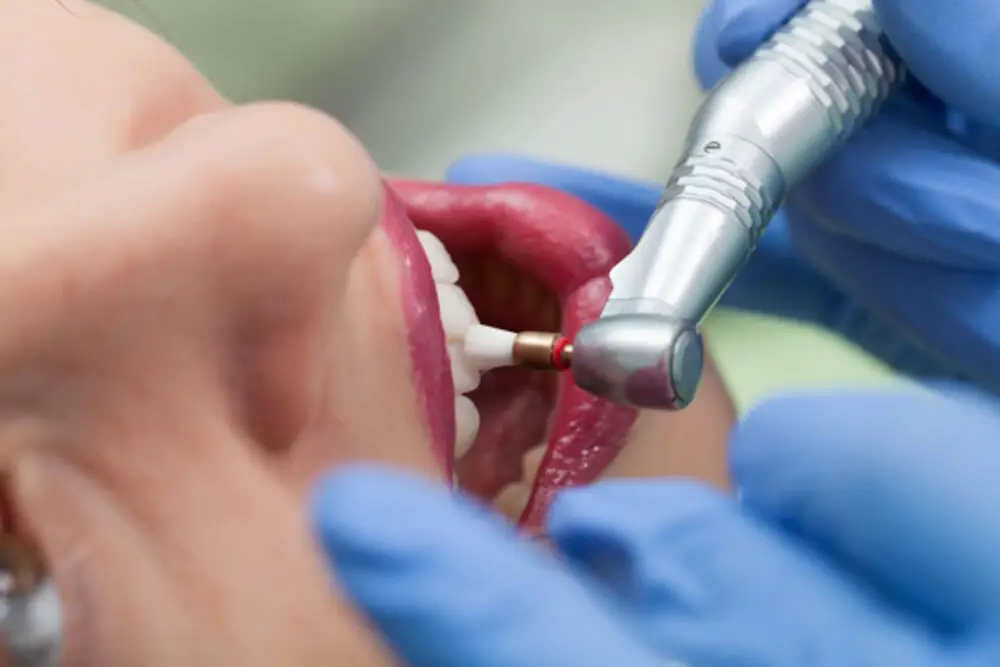
As a pet owner, taking care of your kitten’s dental health is crucial. The first step to ensuring good dental health is to accurately determine your kitten’s age by examining their teeth. Kittens lose their baby teeth and develop permanent teeth just like humans. The age of the kitten can be determined by looking at the teeth. Kittens have 26 baby teeth, and these teeth start to appear when they are around three weeks old. The adult teeth then start to replace the baby teeth when the kitten is around 3-4 months old. By around six months, the kitten should have all their permanent teeth in place. Knowing your kitten’s age is essential to ensure they receive the appropriate dental care. Once you have determined your kitten’s age, it’s time to start taking care of their dental health. One of the best ways to keep your kitten’s teeth healthy is by brushing them regularly. You can use a soft-bristled toothbrush and cat-friendly toothpaste to brush your kitten’s teeth. It’s important to start early so that your kitten gets used to the process. You can also give your kitten dental treats or toys that help clean their teeth. Additionally, regular check-ups with your veterinarian can help identify any dental issues early on. Taking care of your kitten’s dental health can help prevent tooth decay, gum disease, and other dental problems.
Establishing a dental care routine for kittens is crucial to ensure their oral health. It is recommended to start brushing your kitten’s teeth as early as possible to get them used to the routine. Use a soft-bristled toothbrush and a toothpaste formulated for cats. Never use human toothpaste, as it can be harmful to your kitten. Additionally, feeding your kitten a balanced diet that includes dental treats can help remove plaque and tartar buildup. Regular dental check-ups with a veterinarian are also important to catch any dental issues early on. By establishing a dental care routine for your kitten, you can help prevent dental problems and ensure your furry friend’s overall health and well-being.
Brushing a kitten’s teeth is an essential part of their dental care routine. It is important to start brushing their teeth early to establish a habit and to prevent dental problems later in life. You can use a soft-bristled toothbrush and a toothpaste specially formulated for cats. Gently lift your kitten’s lip and brush their teeth in a circular motion, focusing on the outside of their teeth. It is essential to be patient while brushing your kitten’s teeth, as they may resist or try to bite the toothbrush. Regular dental check-ups with your veterinarian will also help maintain your kitten’s oral health and prevent potential dental issues. By incorporating dental care into your kitten’s routine, you are ensuring they have a healthy and happy life.
Aside from examining a kitten’s teeth to determine their age, there are other dental care tips that owners should be aware of. Kittens should receive regular dental checkups to ensure that their teeth and gums are healthy. Owners can also provide their kittens with dental treats or toys that can help remove plaque and tartar buildup. Brushing a kitten’s teeth is also recommended, using a toothbrush and toothpaste specifically designed for felines. Owners should also monitor their kitten’s diet, as a balanced diet can positively impact their dental health. By following these dental care tips, owners can help maintain their kitten’s oral health and prevent potential dental issues in the future.
Common Dental Issues in Kittens
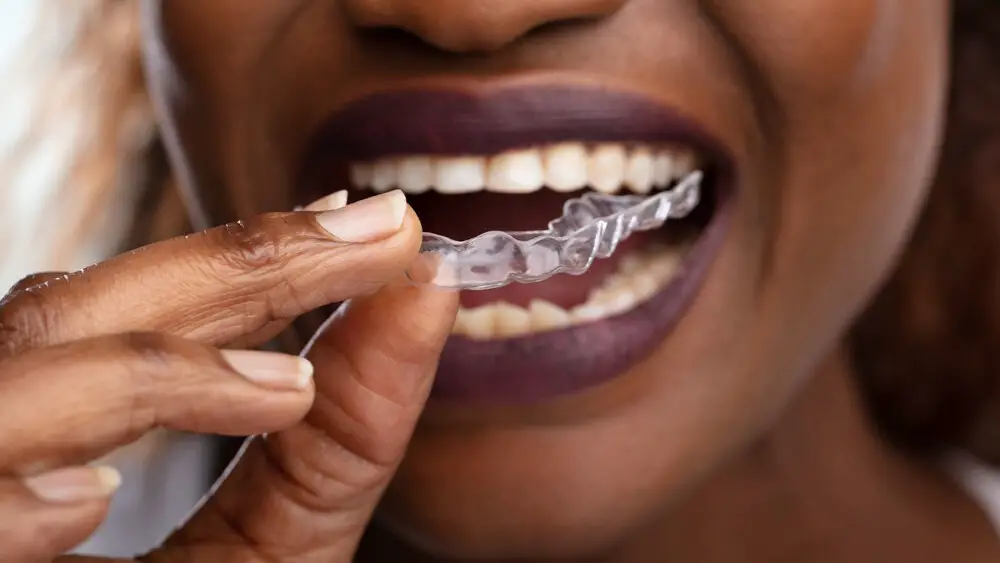
Kitten dental issues can be a serious concern for pet owners and veterinarians alike. One of the most common issues is dental tartar buildup, which can lead to gum disease, tooth decay, and even tooth loss. This is especially problematic in kittens, as their teeth are still developing and any damage can have long-term effects on their dental health. Regular dental cleanings and examinations are important to prevent and treat tartar buildup, as well as other dental issues that may arise. Another common dental issue in kittens is dental malocclusion, which is when the teeth are misaligned or do not fit together properly. This can cause discomfort, difficulty eating, and even injury to the tongue or gums. In severe cases, malocclusion may require orthodontic treatment or tooth extraction to alleviate pain and prevent further damage. Early detection and intervention are key in addressing dental malocclusion in kittens, as it can have a significant impact on their overall health and well-being. Pet owners should be vigilant in monitoring their kitten’s dental health and seeking veterinary care if any issues arise.
Kittens are prone to developing dental problems, just like any other animal. One of the most common issues is dental tartar, which occurs when food particles and bacteria accumulate on the teeth and form a hard, yellowish deposit. This can lead to gum inflammation and infection, which can cause pain, bad breath, and even tooth loss. Another problem that can occur is tooth decay, which happens when the enamel on the teeth is eroded by acids produced by bacteria in the mouth. This can also lead to pain, discomfort, and difficulty eating. In some cases, kittens may also develop oral tumors or other more serious conditions, which require prompt veterinary attention. Therefore, it is essential to maintain good dental hygiene in kittens and to schedule regular veterinary check-ups to ensure their teeth and gums stay healthy.
Dental issues in kittens can cause discomfort and pain, affecting their overall health. It’s important to look for signs that indicate dental problems, such as bad breath, swollen or bleeding gums, difficulty eating or chewing, loose or missing teeth, and excessive drooling. Additionally, if you notice your kitten pawing at their mouth or showing signs of discomfort while eating, it may be a sign of dental issues. Regular dental check-ups and cleanings can help prevent dental problems and keep your kitten healthy and happy. By paying attention to your kitten’s dental health, you can ensure that they have a healthy smile and a long, happy life.
Kittens, like humans, require proper dental care to maintain a healthy mouth. Treatment options for dental problems in kittens depend on the severity of the issue. In mild cases, regular teeth cleaning and scaling can help remove plaque buildup and maintain good oral hygiene. However, more severe cases may require more extensive treatment, such as tooth extraction, root canal therapy, or gum surgery. It’s essential to consult with a veterinarian to determine the appropriate treatment plan for your kitten’s dental issues and ensure they receive the necessary care to prevent further complications. By prioritizing dental care, you can help your kitten maintain healthy teeth and gums, leading to a happier and healthier life.
Dental care is of utmost importance for kittens as it ensures their overall health and well-being. Without proper dental hygiene, kittens can develop a range of oral health problems such as gum infections, tooth decay, and bad breath, which can lead to serious health issues if left untreated. Knowing a kitten’s age is also crucial as it helps determine the appropriate care and nutrition they require at different stages of their development. By examining a kitten’s teeth, one can accurately determine their age, which in turn helps in providing the right care and diet to support their growth. Therefore, it is essential to prioritize dental care and age determination to ensure a kitten’s health and longevity.
In conclusion, maintaining a kitten’s dental health is crucial for their overall well-being. Regular brushing, feeding them a balanced diet, and providing them with dental treats and toys can help prevent dental issues. It’s also important to schedule regular check-ups with a veterinarian to catch any potential dental problems early on. As a kitten’s teeth can provide valuable information regarding their age, it’s essential to examine their teeth regularly to ensure that they receive the appropriate care and attention they need. By following these tips and guidelines, you can help your kitten maintain healthy teeth and gums and a happy, healthy life.
Conclusion
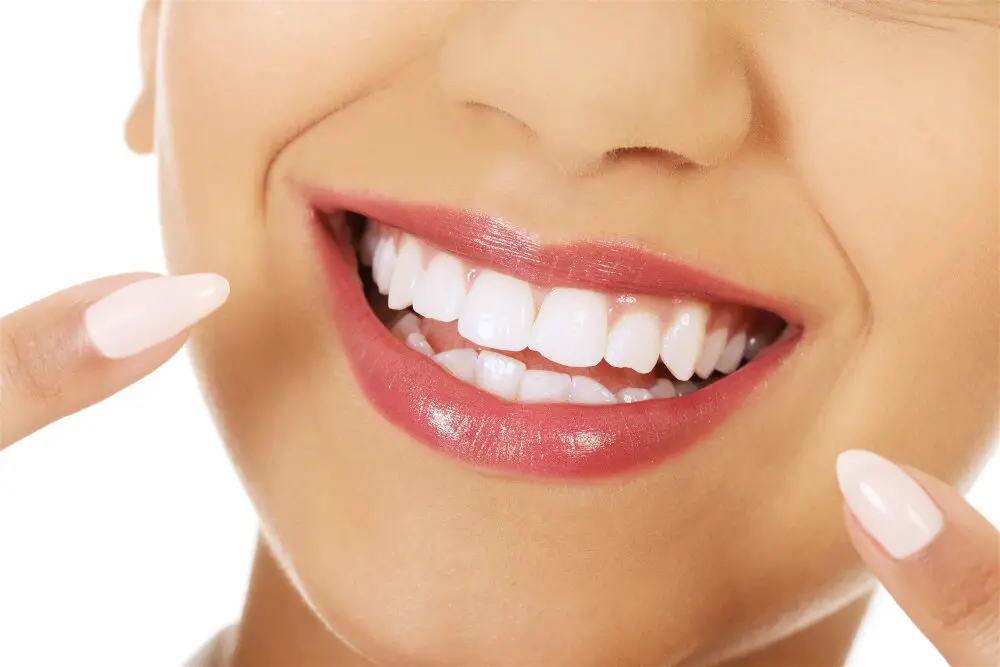
In conclusion, proper dental care is crucial for the health and well-being of kittens. By examining their teeth, we can accurately determine their age, which helps us to provide appropriate care and nutrition. It is important to keep in mind that dental health is not only about age, but also about regular maintenance and prevention. Regular check-ups with a veterinarian and good dental hygiene habits at home can help to prevent dental problems and ensure that our furry friends have healthy teeth and gums throughout their lives. So, let us take care of our kittens’ teeth and give them the best chance for a happy and healthy life.
